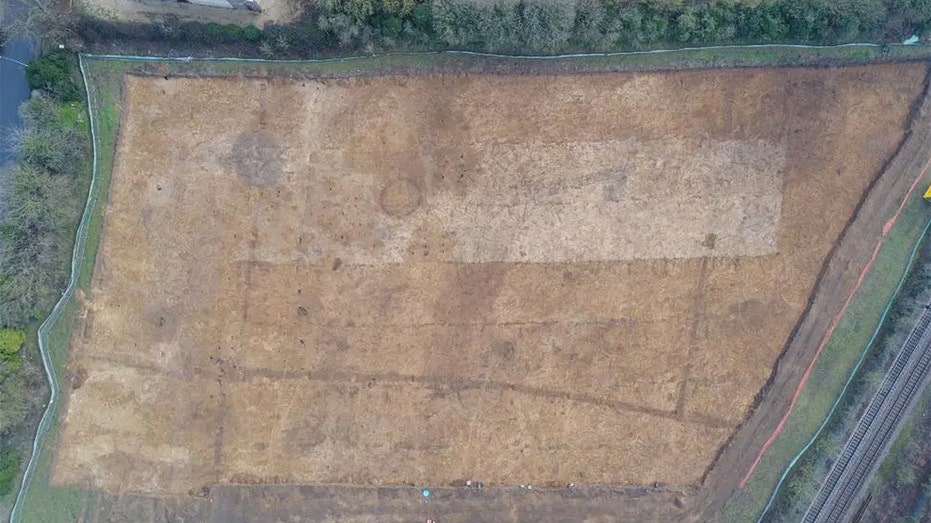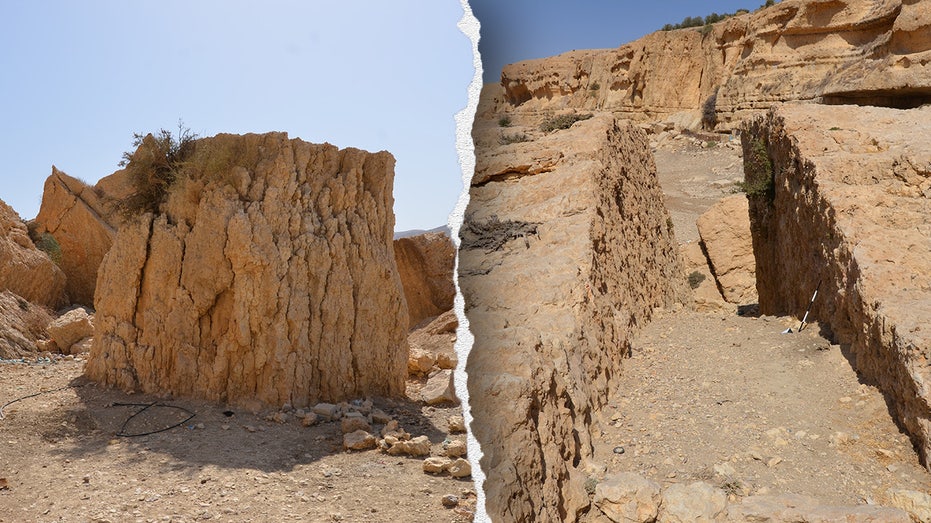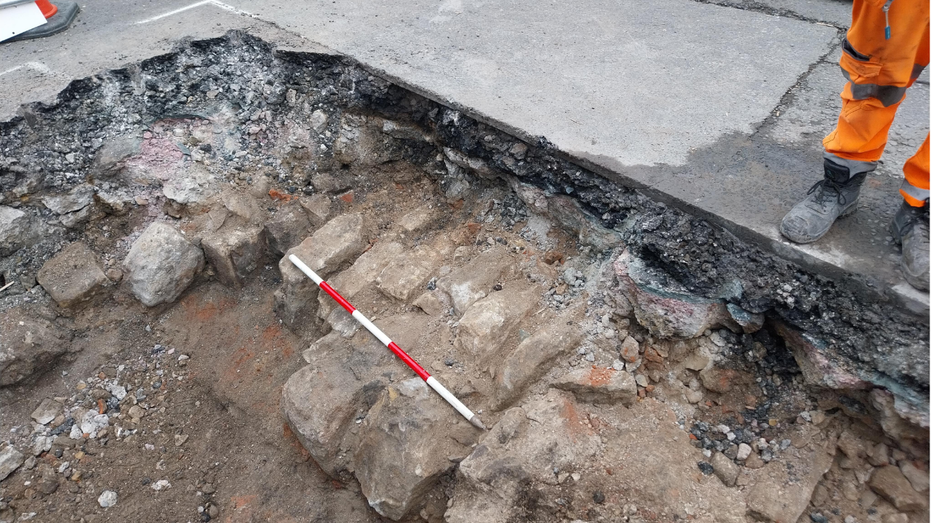3,000-Year-Old Bronze Age Settlement Unearthed During Ipswich Roadwork

Sarah Johnson
May 13, 2025
Brief
Archaeologists uncover a 3,000-year-old Bronze Age settlement in Ipswich, UK, revealing burials, structures, and artifacts during roadwork.
In a remarkable twist of fate, roadwork in northwest Ipswich, UK, has unearthed a 3,000-year-old Late Bronze Age settlement, revealing a vibrant snapshot of prehistoric life. Archaeologists stumbled upon this treasure trove along Europa Way, a highway project linking roads in Suffolk’s port town. The find, announced by the Suffolk City Council, includes a cremation cemetery, 18 burials, and remnants of ancient structures dating back to 1200 B.C.
The site, nestled on the glacial gravels flanking the River Gipping, paints a picture of a bustling community with a mixed agricultural economy. Excavations uncovered postholes of two roundhouses, multiple four- and six-post structures, and ring-gullies, alongside pottery, cremation urns, and a rare flint quern for grinding grain. A copper-alloy pin, clay spindle whorl, and fragmented fired clay weights hint at daily life, from crafting to cattle rearing.
What sets this discovery apart is the proximity of the cremation cemetery to the settlement’s living spaces, suggesting inhabitants were buried close to home—a shift from earlier Bronze Age burial traditions. Chris Thatcher, senior project manager at Oxford Archaeology, called the find significant for understanding prehistoric activity in the Gipping valley, particularly the pottery hauls and agricultural landscape.
This isn’t the first time Suffolk’s soil has yielded secrets. Previous digs at the site uncovered Neolithic pottery, Iron Age currency, and medieval artifacts, layering history upon history. As Suffolk County Council’s Philip Faircloth-Mutton noted, these discoveries enrich our grasp of the region’s unique past, preserving it for future generations.
Topics
Editor's Comments
Talk about a traffic jam through time! Ipswich’s new highway just detoured into the Bronze Age, unearthing a village where folks were grinding grain and raising cattle 3,000 years ago. Why bury your dead so close to home? Maybe they wanted to keep the family close, even in the afterlife—or they just hated long funeral commutes!
Like this article? Share it with your friends!
If you find this article interesting, feel free to share it with your friends!
Thank you for your support! Sharing is the greatest encouragement for us.



